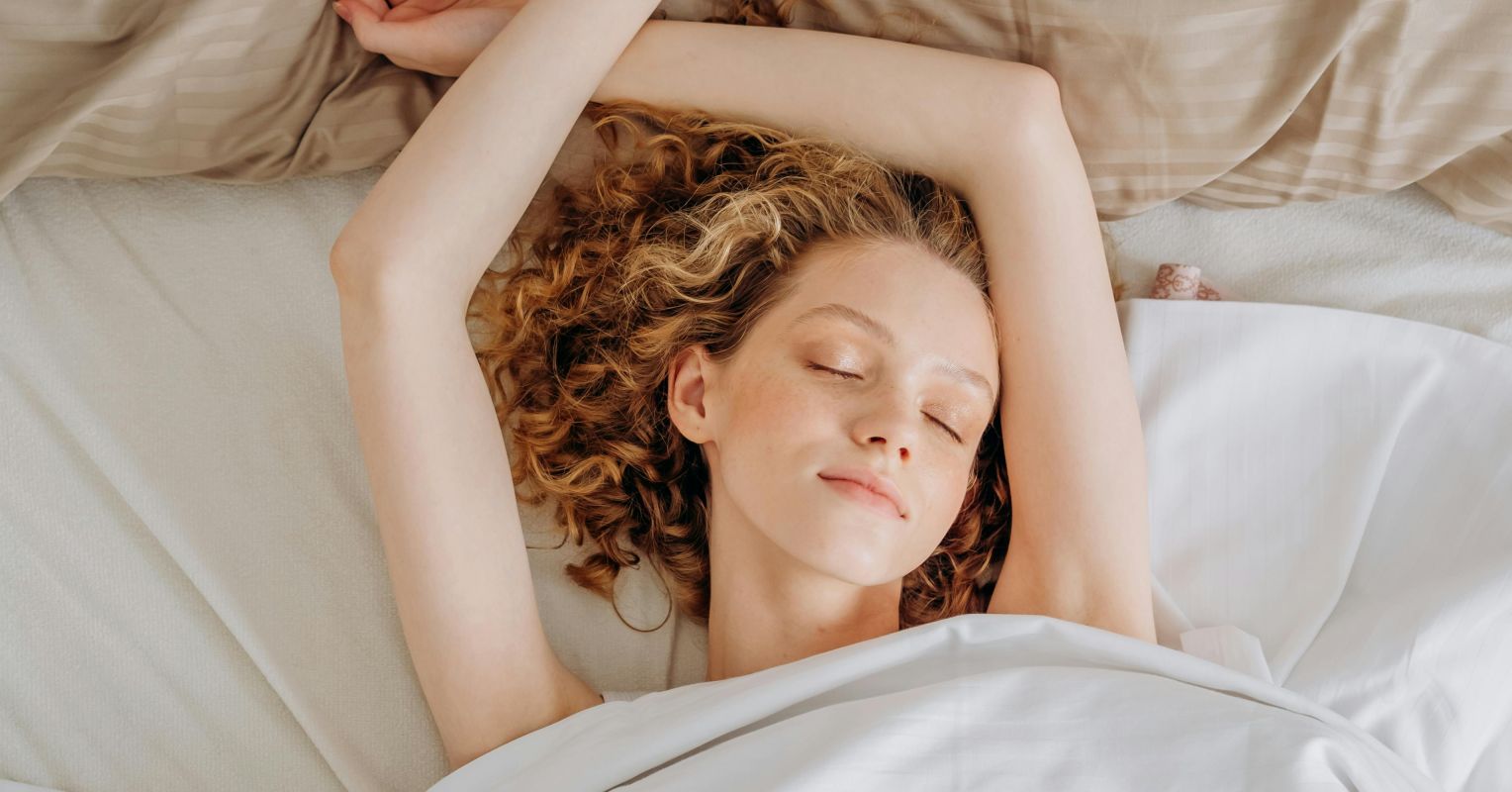Science-Backed Benefits: Weekend Sleep-ins Boost Teen Mental Health
A groundbreaking study involving nearly 2,000 teenagers reveals that moderate weekend catch-up sleep can significantly improve mental well-being. The research provides evidence-based guidance for Singapore's achievement-focused families on optimizing teen sleep patterns for better health outcomes.

A peaceful teenage student getting healthy weekend rest, supporting optimal mental well-being
Research Validates Weekend Sleep Benefits for Adolescent Health
In Singapore's competitive academic environment, where students often sacrifice sleep for study hours, new research offers compelling evidence for a more balanced approach to teen sleep schedules.
A comprehensive study tracking 1,877 adolescents has demonstrated that allowing teenagers moderate catch-up sleep during weekends can yield significant mental health benefits - a finding particularly relevant for Singapore's high-achieving student population.
Optimal Sleep Patterns: Finding the Balance
The study, utilizing Fitbit activity trackers for precise sleep monitoring, identified a crucial 'sweet spot' for weekend sleep compensation:
- Optimal catch-up sleep: Up to two additional hours
- Current reality: Only 23% of high school students achieve recommended sleep levels
- Recommended daily sleep: 8-10 hours for ages 13-18
Scientific Evidence for Mental Well-being
"Many teens try to make up for lost sleep by sleeping in on weekends," explains lead study author Sojeong Kim, a doctoral candidate in clinical psychology at the University of Oregon.
The research findings indicate that teens who maintain moderate weekend catch-up sleep patterns demonstrate:
- Reduced anxiety symptoms
- Lower depression indicators
- Better overall mental health outcomes
Practical Implications for Singapore Families
For Singapore's education-focused society, these findings present an opportunity to optimize student performance while protecting mental health. The data suggests that allowing teenagers to sleep in moderately on weekends can support both academic excellence and psychological well-being.
However, the research also cautions against excessive sleep variation. Sleep differences of more than two hours between weekdays and weekends may counteract the potential benefits.
Evidence-Based Recommendations
Based on the study's findings, parents and educators should:
- Allow teens up to two extra hours of weekend sleep
- Maintain consistent sleep patterns within this range
- Monitor sleep quality using available technology
- Avoid extreme variations in sleep schedules
This research-backed approach aligns with Singapore's emphasis on evidence-based practices and could contribute to maintaining our students' competitive edge while supporting their mental health.
Wei-Ling Tan
Tech and economy specialist, covering innovation in Southeast Asia from Singapore for both English-language and regional media outlets.
